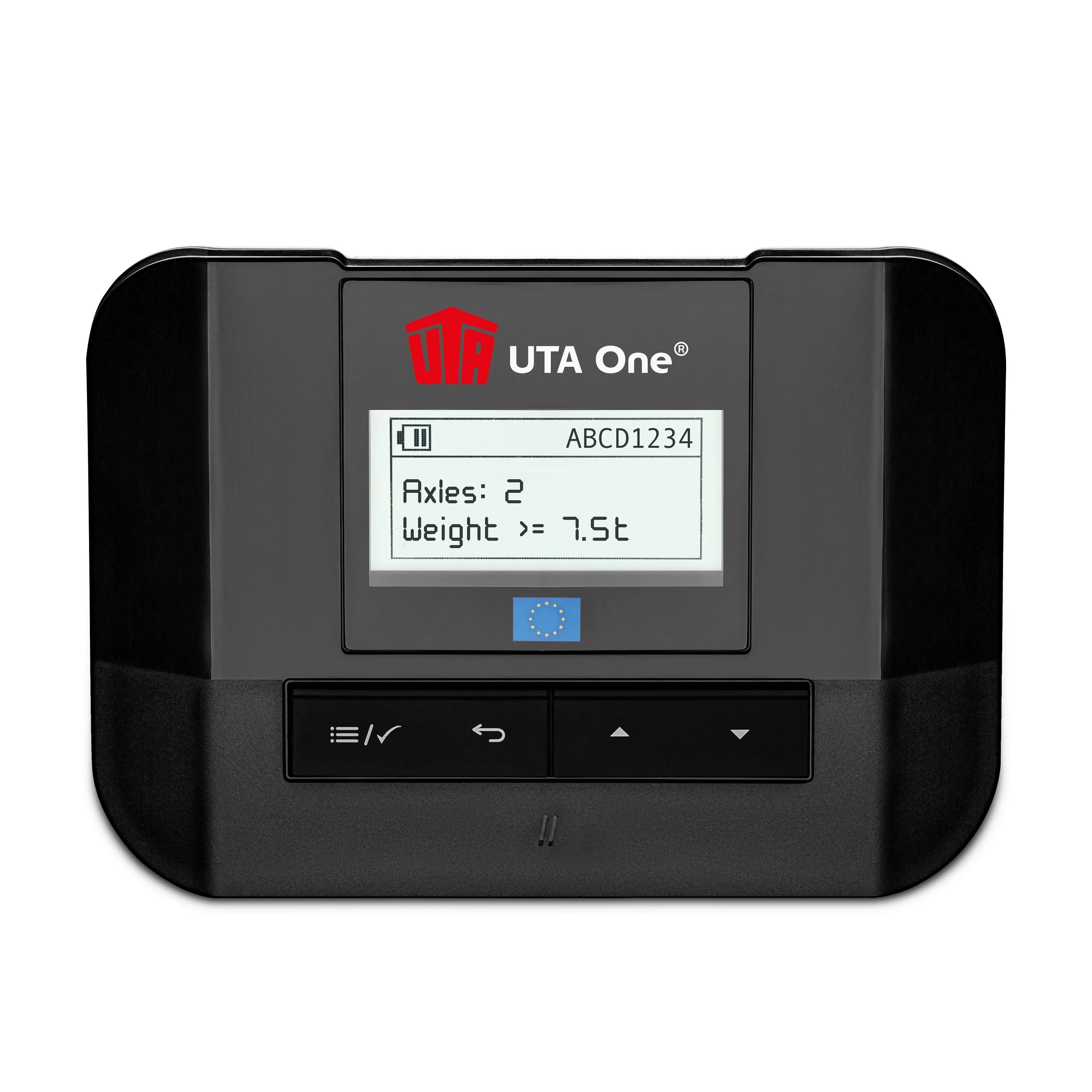An imaginative and systematic approach to monitoring and evaluation has won Bremen, Germany the European Sustainable Urban Mobility Plan (SUMP) Award, while Östersund in Sweden has been presented with the European Mobility Week Award for its work on sustainable travel options. Bremen’s interactive web platform was used to obtain feedback from residents and a SWOT (strength, weakness, opportunity and threat) analysis was carried out using this and other data. Five different scenarios were then examined showi
March 24, 2015
Read time: 2 mins
An imaginative and systematic approach to monitoring and evaluation has won Bremen, Germany the European Sustainable Urban Mobility Plan (SUMP) Award, while Östersund in Sweden has been presented with the European Mobility Week Award for its work on sustainable travel options.
Bremen’s interactive web platform was used to obtain feedback from residents and a SWOT (strength, weakness, opportunity and threat) analysis was carried out using this and other data. Five different scenarios were then examined showing the effect of different measures, such as major investment in public transport, or only smaller measures promoting walking and cycling. The scenarios illustrated that promoting active mobility was the most efficient strategy for Bremen. Finally, a cost-benefit analysis was conducted under the guidance of external experts.
The other finalists in this category were Dresden in Germany and Ghent, Belgium.
Östersund’s European Mobility Week achievement follows on from its selection as a finalist in 2012. As a city with well over 7 000 students, Östersund works closely with Mid Sweden University to encourage students to travel in a sustainable way. Last year, the city focused on cooperation and inclusion, for example by organising a three-day course teaching young migrants how to cycle.
Östersund is also a lead partner in the Green Highway project, which aims to establish a 440 kilometre fossil fuel-free route across Sweden and Norway.
The city also introduced a range of permanent measures, including improved infrastructure for cycling and walking, new bus shelters, a real time information app for public transport users and charging infrastructure for electric vehicles.
Murcia, Spain and Vienna, Austria were the other two finalists.
The Sustainable Urban Mobility Plan (SUMP) Award is presented to local authorities that demonstrate excellence in a given theme. This year the focus was on monitoring and evaluation of both the planning processes and the implementation measures of sustainable urban mobility plans and attracted 17 applications from 10 countries.
A total of 38 cities from 18 countries applied for the European Mobility Week (EMW) Award. These cities were selected on the basis of a strong link with the 2014 EMW theme of ‘Our streets, our choice’.
Bremen’s interactive web platform was used to obtain feedback from residents and a SWOT (strength, weakness, opportunity and threat) analysis was carried out using this and other data. Five different scenarios were then examined showing the effect of different measures, such as major investment in public transport, or only smaller measures promoting walking and cycling. The scenarios illustrated that promoting active mobility was the most efficient strategy for Bremen. Finally, a cost-benefit analysis was conducted under the guidance of external experts.
The other finalists in this category were Dresden in Germany and Ghent, Belgium.
Östersund’s European Mobility Week achievement follows on from its selection as a finalist in 2012. As a city with well over 7 000 students, Östersund works closely with Mid Sweden University to encourage students to travel in a sustainable way. Last year, the city focused on cooperation and inclusion, for example by organising a three-day course teaching young migrants how to cycle.
Östersund is also a lead partner in the Green Highway project, which aims to establish a 440 kilometre fossil fuel-free route across Sweden and Norway.
The city also introduced a range of permanent measures, including improved infrastructure for cycling and walking, new bus shelters, a real time information app for public transport users and charging infrastructure for electric vehicles.
Murcia, Spain and Vienna, Austria were the other two finalists.
The Sustainable Urban Mobility Plan (SUMP) Award is presented to local authorities that demonstrate excellence in a given theme. This year the focus was on monitoring and evaluation of both the planning processes and the implementation measures of sustainable urban mobility plans and attracted 17 applications from 10 countries.
A total of 38 cities from 18 countries applied for the European Mobility Week (EMW) Award. These cities were selected on the basis of a strong link with the 2014 EMW theme of ‘Our streets, our choice’.









